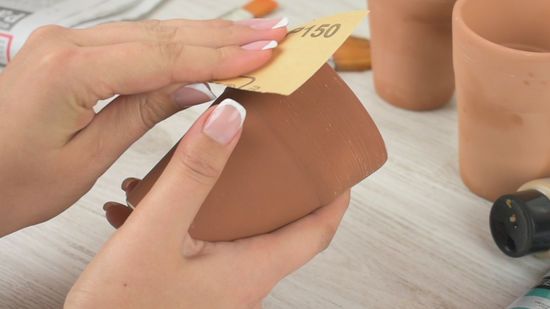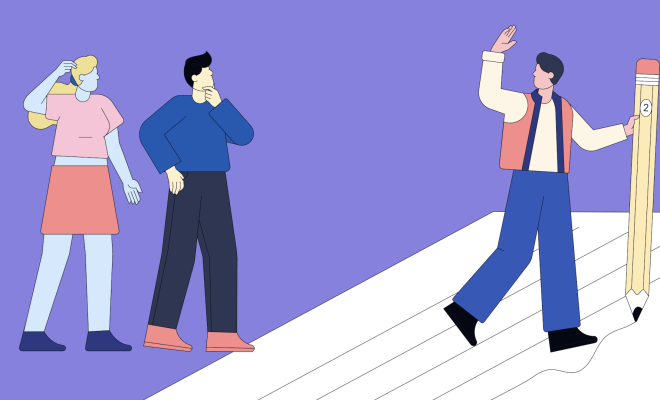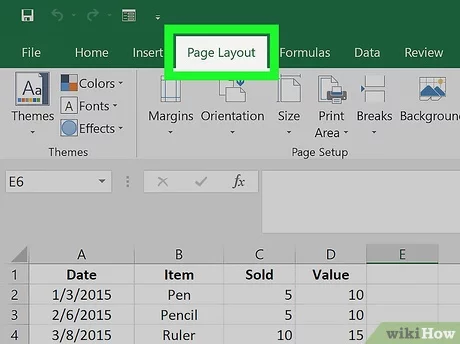3 Ways to Deal With Effexor Withdrawal

Effexor, the brand name for venlafaxine, is a popular antidepressant medication prescribed by doctors to treat depression, general anxiety disorder, panic disorder, and social anxiety disorder. Just like any other medication, withdrawing from Effexor can be challenging for some individuals, and may lead to a variety of withdrawal symptoms.
Symptoms of Effexor withdrawal may include nausea, dizziness, irritability, anxiety, fatigue, and sleep disturbances. To make the process a bit easier and ensure you’re well-prepared to handle this sensitive period, let’s explore three effective ways to deal with Effexor withdrawal.
1. Gradual Tapering
One of the safest ways to minimize the intensity of withdrawal symptoms is to gradually taper off the medication under the guidance of your healthcare professional. Tapering means to slowly reduce the dosage over a period of time until you are no longer taking the medication. This allows your body to slowly adjust to lower levels of the drug without causing shock or triggering extreme symptoms.
Always discuss your tapering plan with your doctor before initiating any changes in dosage. They can provide you with an appropriate schedule based on your individual needs and history.
2. Supportive Therapies
It’s essential to remember that mental health is multi-faceted and must be addressed holistically. In addition to medication management, it is highly recommended that individuals explore a variety of supportive therapies during the withdrawal process.
Talk therapy or psychotherapy with a trained mental health professional can help you navigate emotional challenges during withdrawal while providing helpful coping strategies. Additionally, consider stress-reduction techniques such as yoga, meditation, progressive muscle relaxation exercises, and deep breathing exercises to better manage both physical and psychological discomforts associated with withdrawal.
3. A Healthy Lifestyle
Finally, maintaining a healthy lifestyle during the withdrawal process is essential for overall well-being and recovery. Prioritizing self-care through balanced nutrition, regular exercise, and sufficient sleep can significantly impact how you feel during the withdrawal phase.
Ensure that you are consuming a diet rich in fruits, vegetables, whole grains, lean protein sources, and healthy fats. Stay hydrated by drinking plenty of water and avoid excessive consumption of alcohol or caffeinated beverages. Exercise can also help to relieve stress, enhance mood, and improve sleep quality.
In conclusion, dealing with Effexor withdrawal can be challenging but manageable with the right approach. These three ways – gradual tapering under medical supervision, engaging in supportive therapies, and maintaining a healthy lifestyle – are effective strategies for reducing discomfort during this transitional period. Always consult your doctor before making any changes to your medication regimen and remember that their guidance and support are crucial for successfully navigating the withdrawal process.






